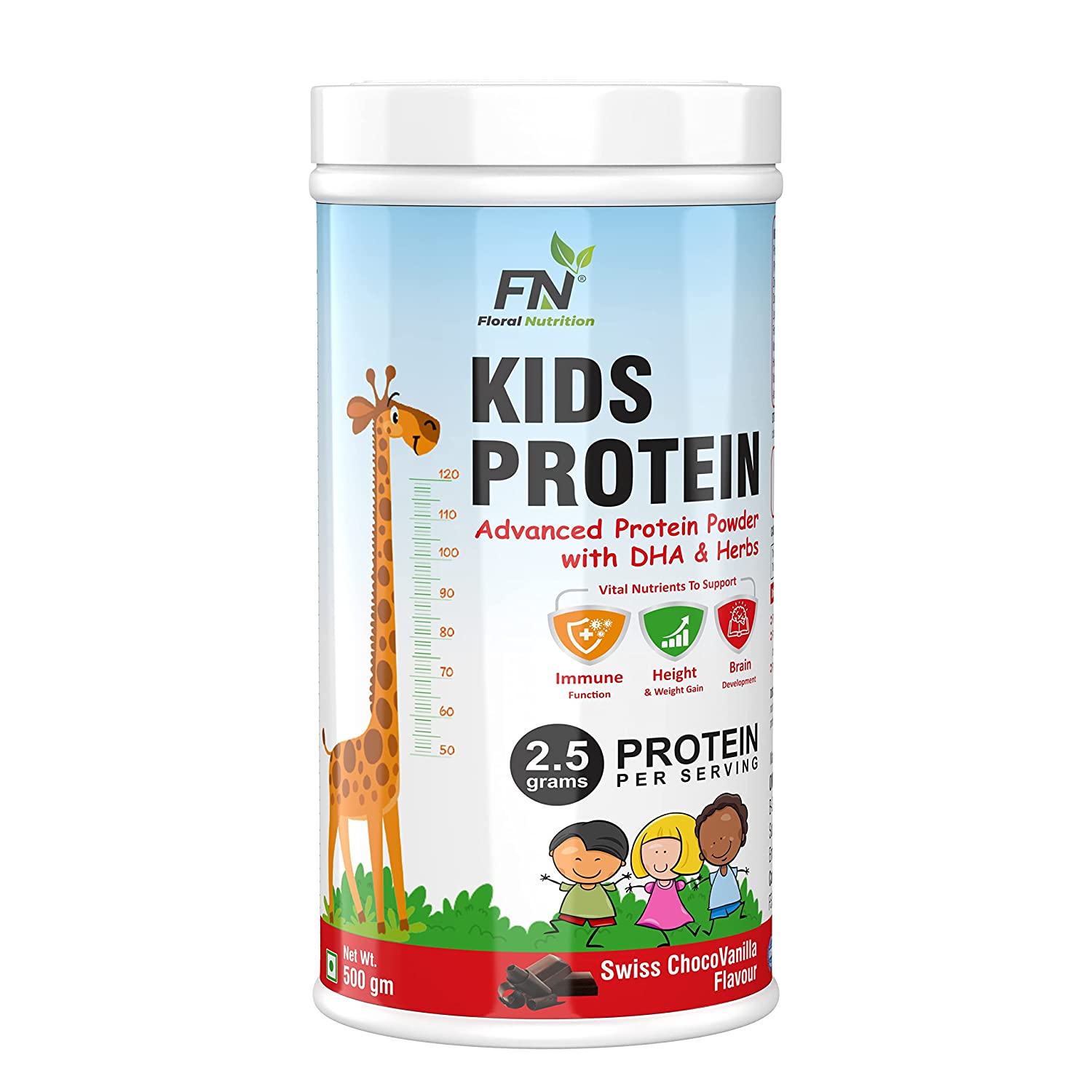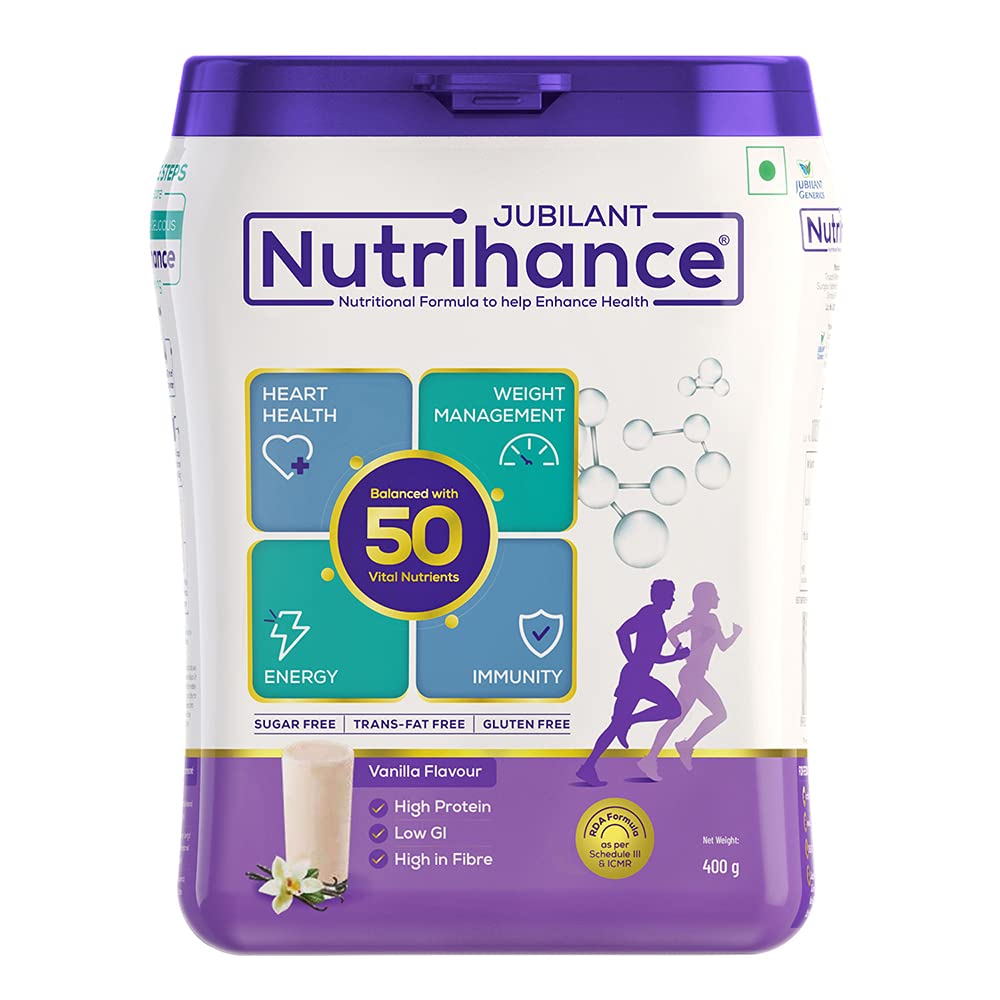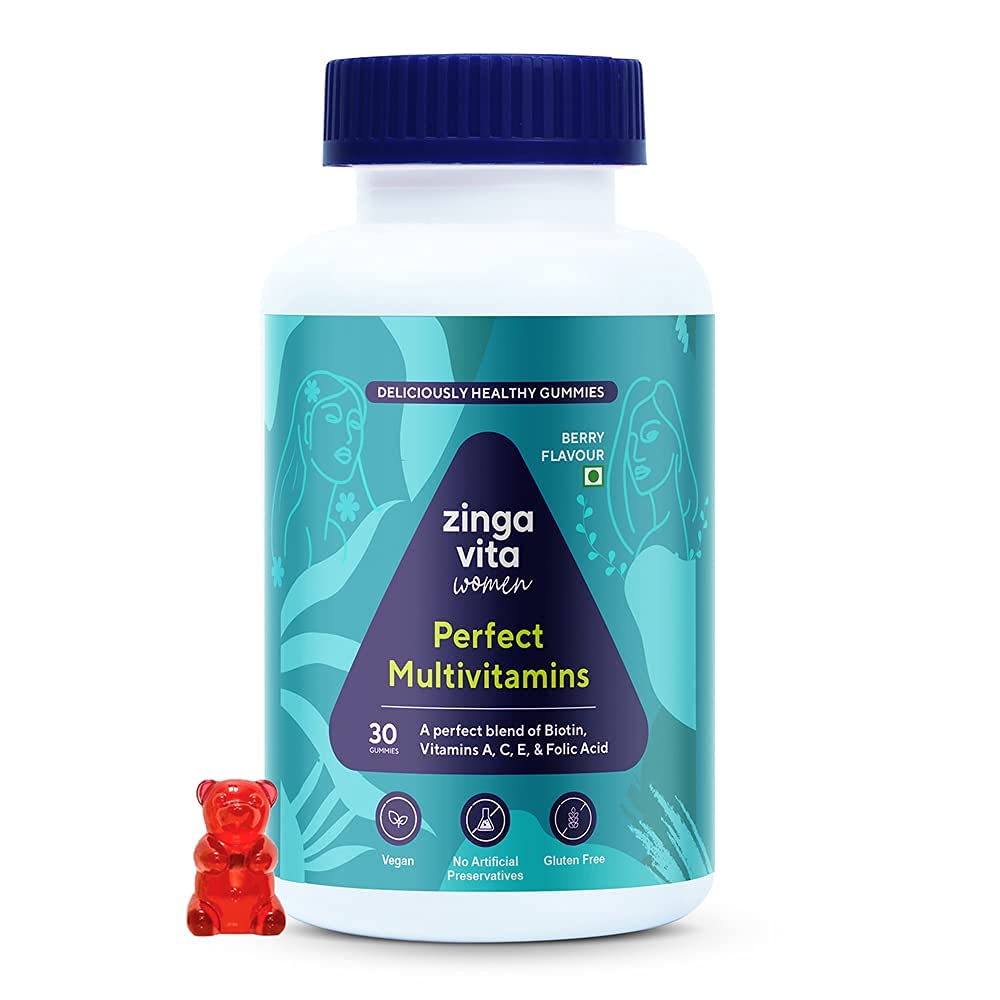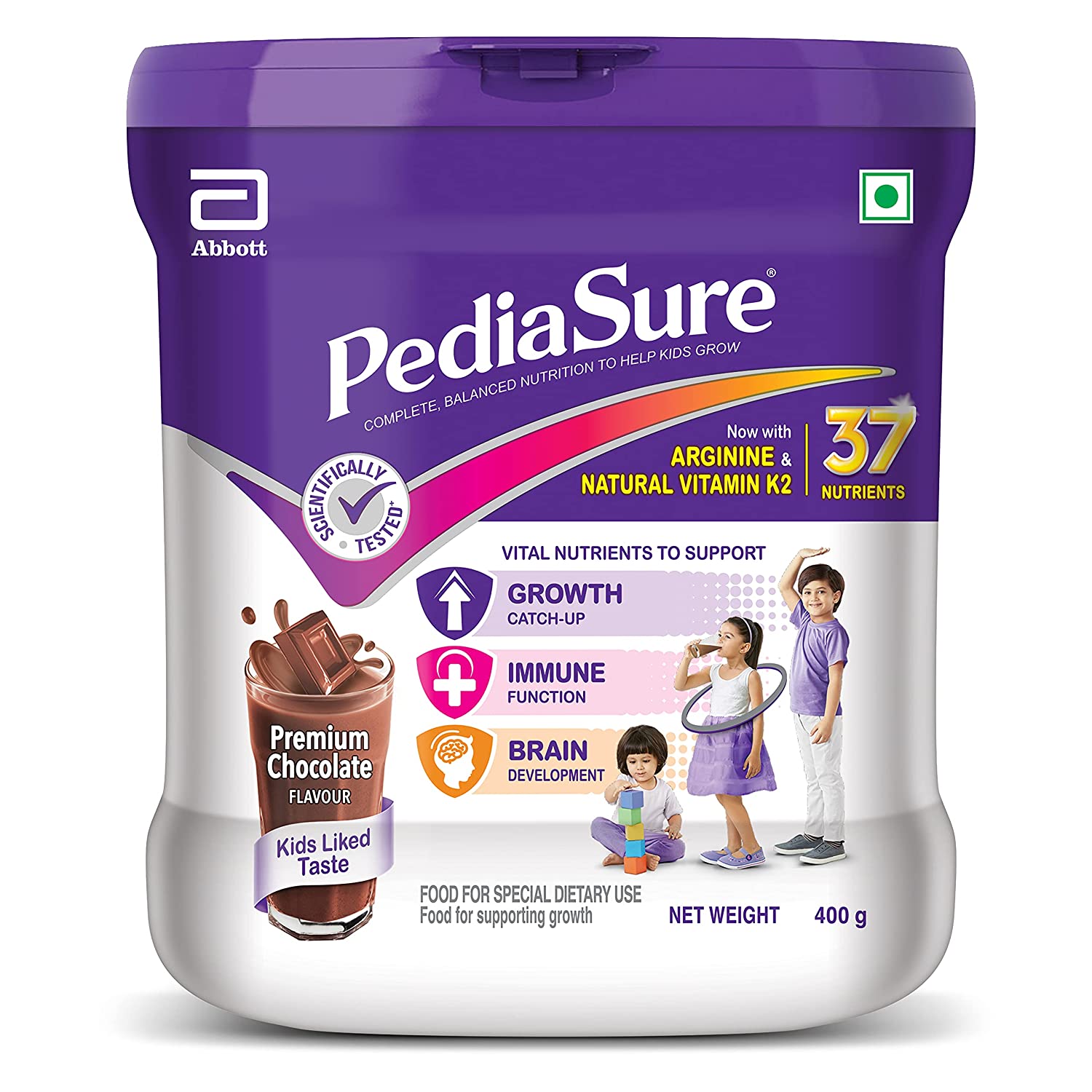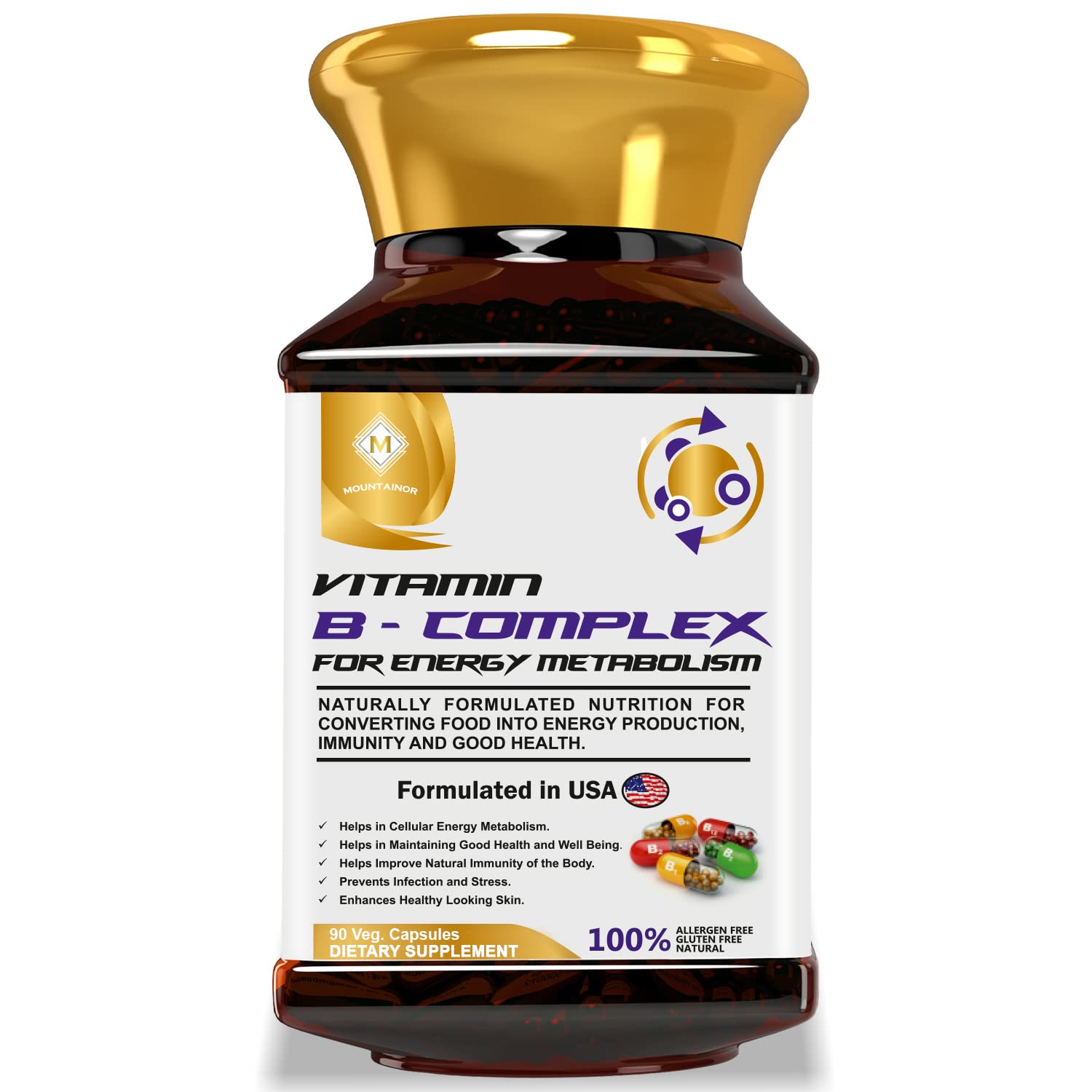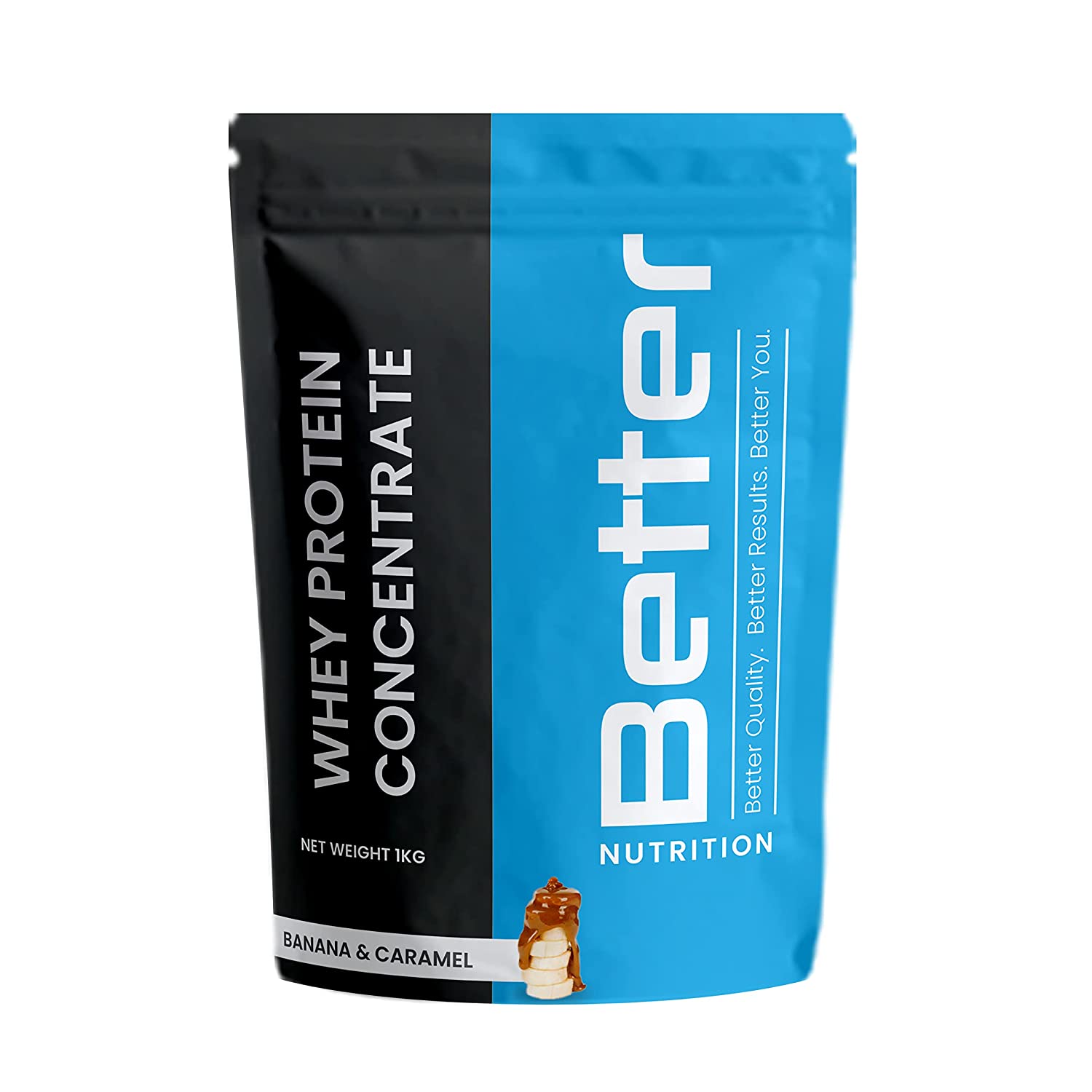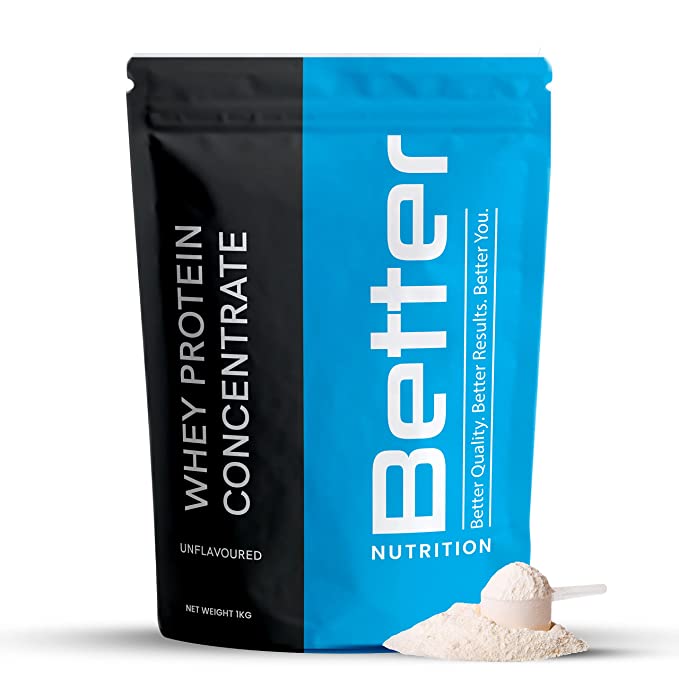Inositol
Macronutrient
Last update date: November 08, 2023
Inositol is a type of sugar; that affects the body's insulin response. It influences hormones associated with mood and awareness and acts as an antioxidant. Can be naturally found in cantaloupe, citrus fruit, and many fibre-rich foods.
Frequently Asked Questions
1.
What is Inositol?
Inositol, a sugar alcohol that performs vital cellular functions, emerges as a mysterious yet captivating nutrient. Its enigmatic nature lies in its intricate role as a B-vitamin-like substance, not officially classified as a vitamin but nonetheless indispensable. Unlocking the positive impact of this enigma, we uncover a plethora of benefits. Inositol, a maestro of insulin sensitivity, orchestrates a symphony of metabolic regulation, rendering it a potential boon for individuals with type 2 diabetes. Delving deeper, its melodic influence extends to polycystic ovary syndrome (PCOS), harmonizing hormonal balance and refining ovarian function.
2.
What is the role of Inositol in the body?
Inositol boasts a multitude of health benefits. Notably, it enhances insulin sensitivity, proving beneficial for individuals with type 2 diabetes. Additionally, it aids in managing polycystic ovary syndrome (PCOS) by promoting hormonal balance and ovarian function. Studies explore its potential for alleviating symptoms of anxiety and depression, owing to its involvement in neurotransmitter signaling pathways. Moreover, Inositol exhibits promise in enhancing cognitive function and reducing the risk of cognitive decline associated with aging.
3.
What is negative impact of Inositol?
By and large, Inositol is safe when consumed within appropriate doses. However, excessive intake of Inositol supplements may lead to mild side effects like diarrhea, nausea, and stomach discomfort. Adjusting the dosage typically resolves these symptoms. It's advisable to consult healthcare professionals before incorporating Inositol supplements, particularly if one has underlying medical conditions or takes other medications.
4.
Who shouldn't take inositol?
While Inositol is generally safe, caution is advised for individuals with bipolar disorder or mood disorders, as it may influence mood stability. Furthermore, those with kidney or liver diseases should consult healthcare professionals before using Inositol, as high doses may exacerbate these conditions. Pregnant or breastfeeding women should also seek medical guidance before considering Inositol supplementation.
5.
What food has the most inositol?
Inositol naturally occurs in various foods. It can be found abundantly in fruits such as cantaloupe, oranges, and grapefruits, as well as whole grains, nuts, seeds, and legumes. Notably, lecithin—a fatty substance present in egg yolks and soybeans—contains high levels of Inositol. While obtaining Inositol through a balanced diet is possible, supplementation may be considered in specific cases, especially for individuals with certain health conditions or those struggling to meet their nutritional needs through food alone.
6.
What are the symptoms of inositol deficiency?
Inositol deficiency is rare, given the body's ability to produce it in sufficient quantities. However, certain factors like malabsorption disorders, prolonged intravenous nutrition, or specific medications may result in reduced Inositol levels. Such deficiencies have been associated with impaired glucose metabolism, insulin resistance, and an increased risk of metabolic disorders. Some studies suggest a potential link between low Inositol levels and mental health disorders, including depression and anxiety. Nonetheless, further research is necessary to comprehensively comprehend the role of Inositol deficiency in these conditions.



